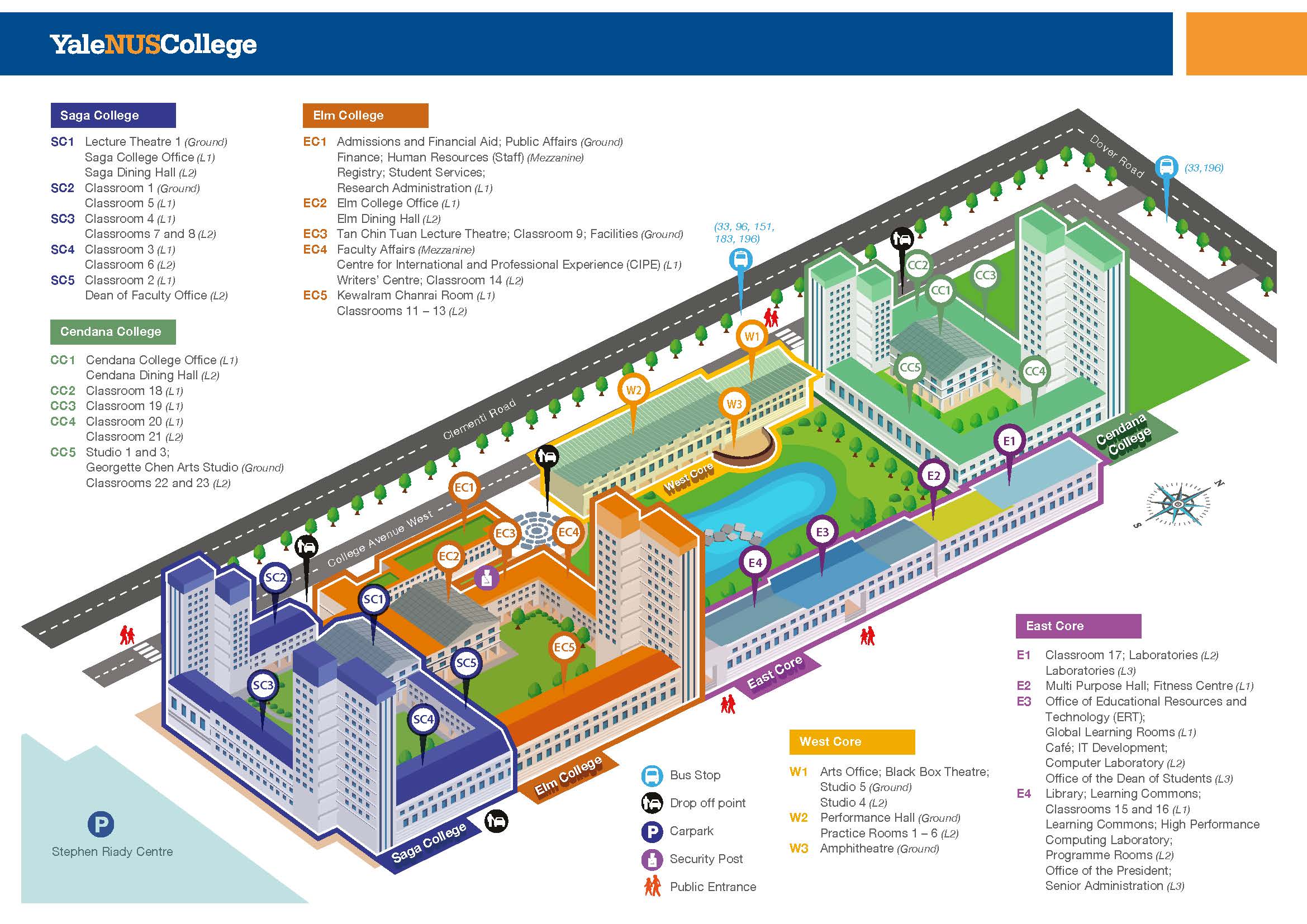All deontological moral theories endorse agent-centered constraints. They hold that in certain circumstances an agent must not perform an act of a certain type even if doing so is the only way to prevent more instances of that act being performed by others. In this paper I argue that agent-centered constraints, as standardly formulated, are ambiguous and have three distinct interpretations. Thus, a deontologist must clarify which of these three interpretations her theory endorses. However, I argue that once we sift through the various options we discover a trilemma for deontology. The deontologist must either accept that: (i) deontological constraints are maximizing-state rules, or (ii) deontological constraints give no moral advice in cases where commonsense morality expects moral advice, or (iii) deontology adopts a counterintuitive anti-aggregation rule. I argue that each of these options is a tough bullet to bite.
Philosophy Seminar Series
Date: Monday, 6 June 2016
Time: 11am – 1pm
Venue: AS3 #05-23
Speaker: Mr Matthew Hammerton
Moderator: A/P Loy Hui Chieh
About the Speaker:
Matthew Hammerton is a PhD candidate at the Australian National University. His research is primarily focused on foundational issues in normative ethics. In particular, he is interested in the debate between consequentialism and deontology and the role that agent-relativity and time-relativity play in this debate. He also has ongoing research projects on analogical reasoning in ethics, virtue theory, and Buddhist ethics.







